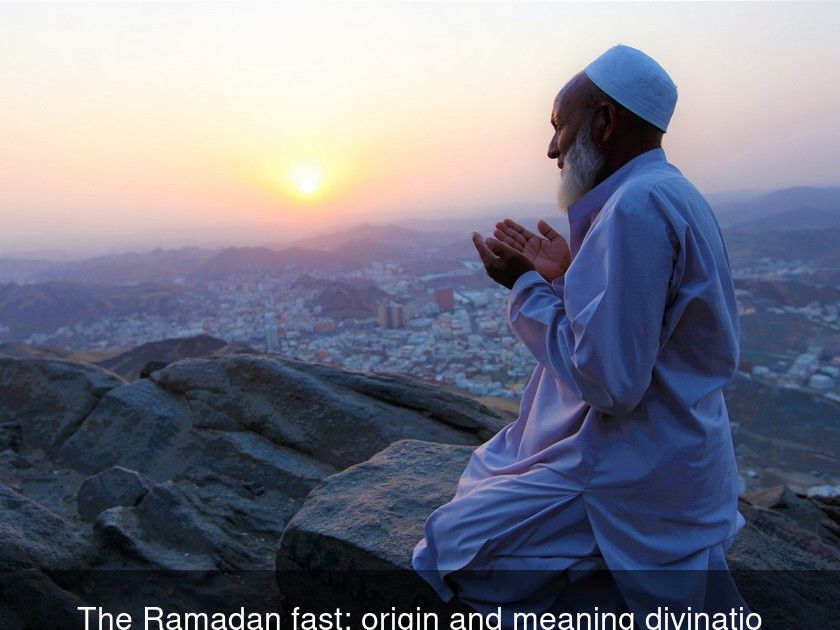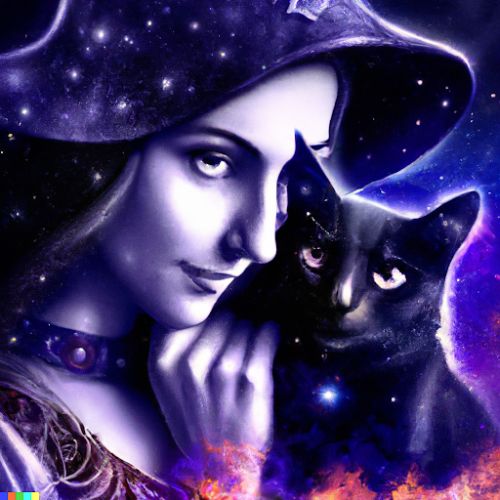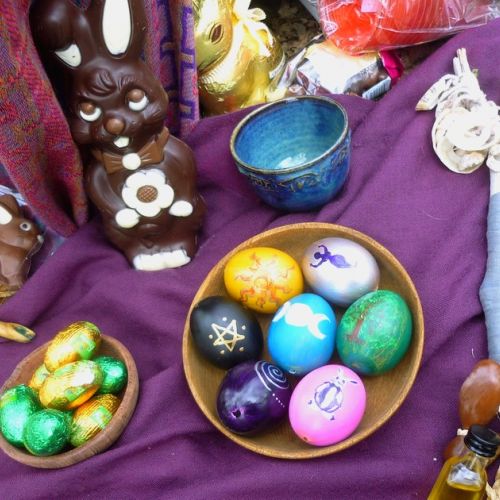The Ramadan Fast: Origin And Meaning
The Ramadan, which starts on March 23, 2023 this year, is a holy month for Muslims. For 30 days, practitioners refrain from eating or drinking from dawn until sunset. But do you know the origin and significance of the Ramadan fast?
What is the origin of Ramadan?
Ramadan commemorates the revelation of the Quran to Prophet Muhammad. It was in the year 610 that the angel Gabriel appeared to Prophet Muhammad to reveal the sacred book of Islam during the Night of Destiny.
The Quran recommends fasting for 30 days to celebrate the revelation of this holy book, but not only that. This fasting also allows one to detach from material concerns, to be closer to Allah, and to seek forgiveness for one's sins.
For practitioners, fasting during Ramadan is a way to put themselves in the shoes of the poor by experiencing hunger and thirst.
What are the dates of Ramadan?
Ramadan is the name of the ninth month of the Muslim calendar, a lunar calendar that consists of 354 or 355 days. That is why the dates of Ramadan change every year and shift by about ten days compared to the previous year.
The appearance of a new moon marks the beginning of this month. At the end of the previous month, "the Night of Doubt" takes place: if the moon is visible to the naked eye, fasting can begin in the morning. Otherwise, it will start the next day.
The last day of Ramadan is a festive day called Eid al-Fitr. This celebration, enjoyed with family and friends, is an opportunity to show generosity towards the poor and give gifts to children.
Did you know?
According to calculations by Saudi astronomer Khaled al-Zaqqaq, Ramadan will occur twice in 2030. This exceptional situation has not happened since 1997! Due to the shorter duration of lunar years (approximately 354 days), Ramadan will take place first on January 5, 2030, and then again on December 26, 2030.
What are the traditions of Ramadan?
During the entire duration of Ramadan, Muslims abstain from eating and drinking between sunrise and sunset. Fasting is obligatory for all practitioners who have reached puberty. Only pregnant or breastfeeding women and those who are ill are exempt from fasting.
As soon as night falls, Muslims break their fast with a large festive meal enjoyed with family or friends, called iftar. Outside of this context, the Arabic word iftar refers to breakfast (which is also a break of the fast).
Just before dawn, practitioners have a light meal called sahur to better prepare themselves physically for the day's fast.
However, the traditions of Ramadan are not limited to fasting during the day. This special month is also an opportunity for Muslims to have a more intense practice of their religion, by performing their five daily prayers, giving alms, and reading the Quran.
What is the meaning of Ramadan?
Much more than a simple month of fasting, Ramadan is a sacred month where Muslims adhere to a certain moral code, showing more humility and respect towards others.
This month holds special significance for Muslims around the world as it is an opportunity for penance and spiritual elevation, to draw closer to God and others. It is indeed a period conducive to mutual assistance, during which violence and lying are strictly prohibited.
Ramadan is considered one of the five pillars of Islam, along with the declaration of faith, pilgrimage to Mecca, prayer, and mandatory alms-giving. It is a religious obligation of utmost importance as well as a family tradition and a significant collective moment for all practitioners.






